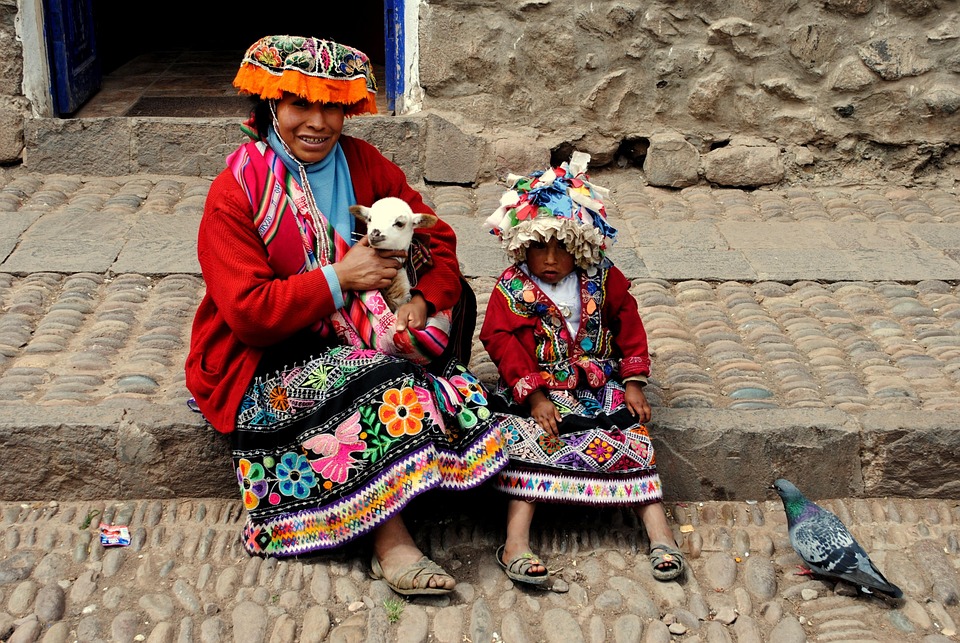The indigenous peoples of South America embody a complex tapestry of cultural richness, historical resilience, and modern challenges. They represent a diverse array of ethnicities, languages, and traditions that stretch back centuries. Together, they offer a profound spiritual legacy that intertwines with the natural world, inviting contemplation from a Christian perspective. How can we, as followers of Christ, engage with their stories and struggles while acknowledging their unique contributions to our global community?
This question serves as a poignant entry point into the heart of an intricate narrative woven from the threads of ancestral knowledge, colonial histories, and contemporary socio-political dynamics. The indigenous cultures of South America possess a remarkable heritage that reflects a deep relationship with nature, spirituality, and community. Their traditions often emphasize stewardship of the land, a principle that resonates profoundly with Christian teachings about creation care and the sanctity of life.
One of the most notable elements of indigenous life is the oral tradition. Oral stories passed down through generations serve not only as a means of cultural preservation but also as a vehicle for expressing communal values, cosmologies, and ethical frameworks. These narratives often encapsulate a worldview that sees the divine as interwoven with the fabric of everyday existence, a concept that can enrich Christian understanding of spirituality. The interplay of faith, nature, and community characterizes many indigenous belief systems, inviting Christians to reflect on their own faith journeys and the sacredness of creation.
However, this heritage faces significant challenges in modern times. The encroachment of globalization, economic interests, and extraction industries poses existential threats to traditional ways of life. Many indigenous communities are grappling with land rights issues, struggling to assert sovereignty over their territories in the face of governmental neglect or corporate exploitation. This scenario raises an ethical dilemma for Christians: How do we advocate for justice while respecting and honoring the sovereignty of these communities? Solidarity with indigenous peoples requires a nuanced understanding of their experiences and an unwavering commitment to addressing systemic inequalities.
Moreover, the introduction of modern technology and cultural homogenization often disrupts traditional practices and beliefs. As indigenous youth navigate a rapidly changing world, they may find themselves caught between two worlds: one that is steeped in ancestral customs and another that is heavily influenced by contemporary life. This cultural dissonance can foster a sense of identity crisis, challenging the transmission of heritage to future generations. As Christians, it is essential to support initiatives that empower indigenous youth, allowing them to navigate their unique cultural landscapes while fostering a sense of belonging and purpose.
From a Christian perspective, reconciliation and healing are paramount in responding to the injustices faced by indigenous communities. The doctrine of reconciliation reflects the heart of the Gospel, prompting believers to seek restorative justice for marginalized groups. This approach encourages Christians to engage in dialogues with indigenous peoples, listening to their stories and aspirations. By creating spaces for shared experiences, there is an opportunity to bridge divides, foster mutual understanding, and collaborate on initiatives that uplift indigenous voices.
Climate change presents another formidable challenge for indigenous populations, many of whom depend on the land’s intricate ecosystems for their livelihoods. As stewards of the environment, indigenous communities possess invaluable knowledge about sustainable practices honed over millennia. The Christian call to ste stewardship resonates through biblical narratives that celebrate the earth’s creation and humanity’s role within it. Thus, collaboration with indigenous peoples in environmental initiatives offers a powerful avenue for Christians to actively participate in caring for the planet while amplifying indigenous wisdom.
Engaging with the modern-day struggles of indigenous people is also an opportunity for Christians to reflect on their own privilege and societal responsibilities. Many individuals and communities are unaware of the historical and ongoing injustices faced by indigenous peoples. Increasing awareness can catalyze transformative action, encouraging followers of Christ to advocate for the rights of these communities, stand against environmental degradation, and invest in educational programs that honor indigenous languages and cultures. This advocacy must be rooted in humility, recognizing the agency and sovereignty of indigenous peoples, rather than positioning outsiders as saviors.
As Christians ponder their engagement with indigenous communities, it is crucial to envision a future characterized by mutual respect, recognition, and co-creation. Christians are called to be peacemakers, a vocation that invites believers to stand alongside those who are oppressed, seeking justice and reconciliation. The biblical narrative offers abundant inspiration for this mission, as it extols the virtues of humility, compassion, and love for one’s neighbor.
Ultimately, the intersection of Christian faith and the realities of indigenous life in South America illustrates a rich yet complex relationship. By listening to their stories, advocating for their rights, and engaging in meaningful partnerships, Christians can contribute to a tapestry that honors both heritage and modernity. This is not merely an act of charity, but rather a fulfillment of the commandment to love one another as Christ loves us. How then, shall we stand in solidarity with indigenous peoples, celebrating their heritage while addressing the challenges they face? This question remains at the forefront as we strive to live out our faith in a world that longs for justice, healing, and hope.



